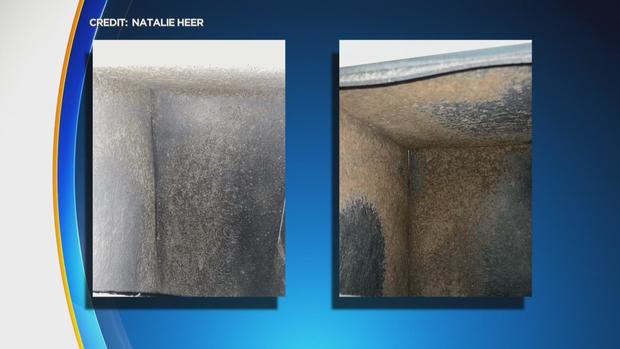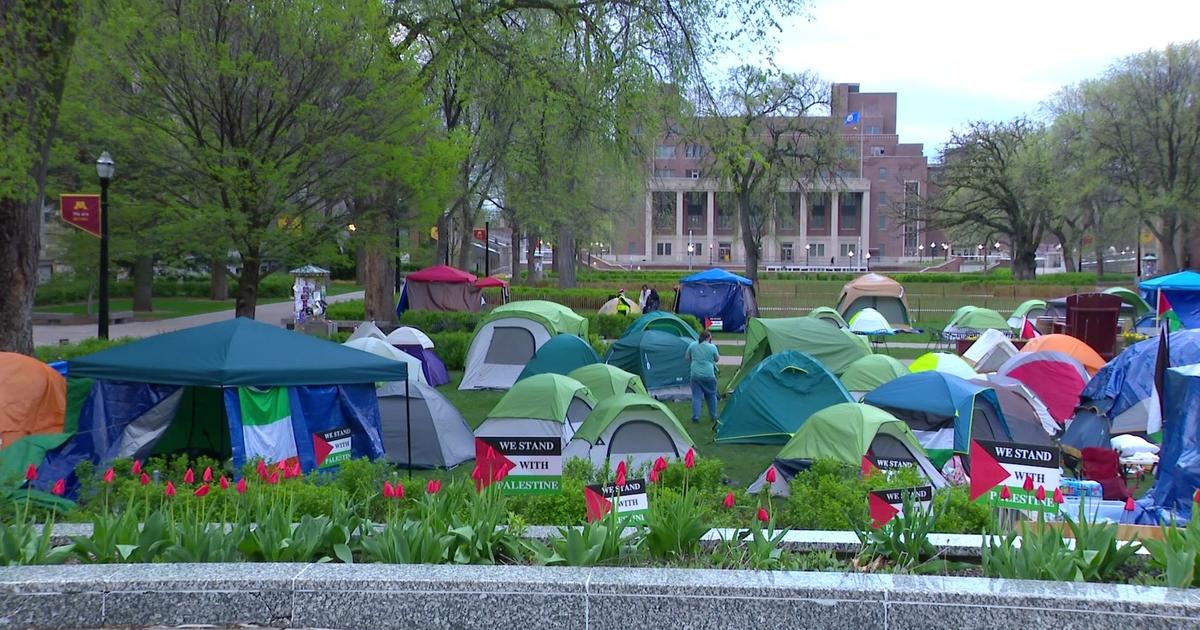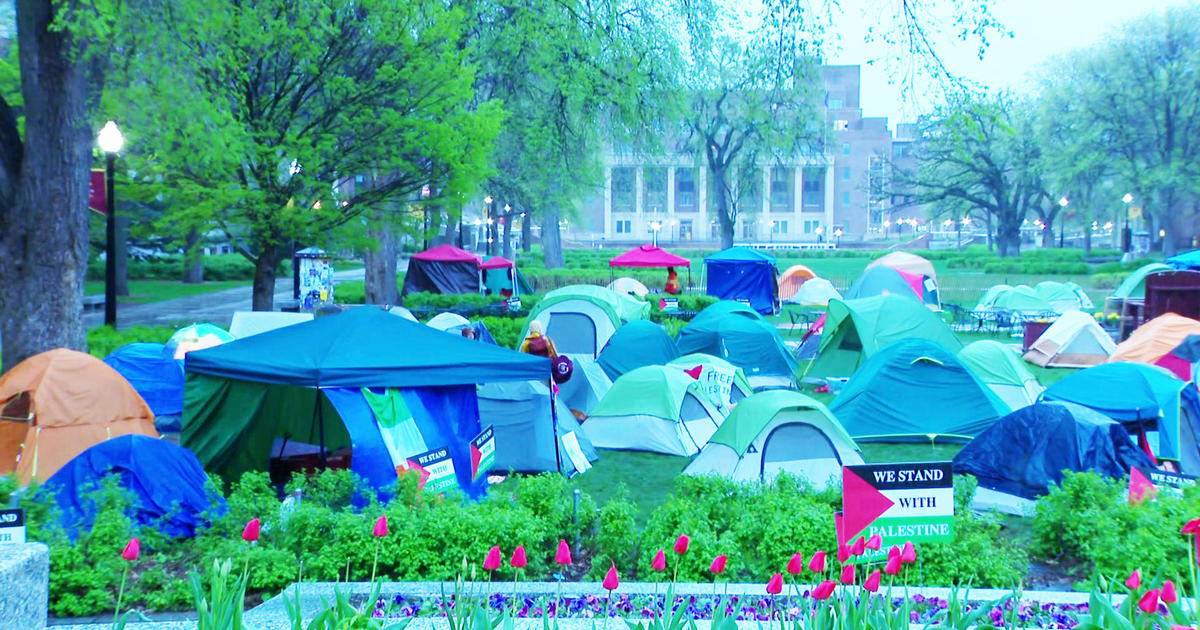University of Minnesota confirms mold growth in freshman dorm vents
MINNEAPOLIS — The University of Minnesota confirmed it collected samples of a "fungal growth" inside some air vents in one freshman dorm after students raised concerns about their health.
A spokesperson said in a statement that the school's department of environmental health and safety continued its inspections at 17th Avenue Residence Hall Wednesday and the student housing staff is "working directly with affected students on temporary relocation options."
They said a full inspection report of the building will be released in the coming days, adding that so far in the investigation they have found Cladosporium sphaerospermm, or common mold, in the residence hall.
Natalie Heer, a freshman who lives in the dorm, heard rumors about potential mold from other residents in the building so it prompted her to check her vent.
"I was just astonished when I looked inside," she said. "It looked like it hadn't been cleaned since the building was built."
Heer explained she had been feeling sick for weeks, and now is concerned that the air circulating her room is harming her health. She said she went to an eye clinic last week because of her "really red, watery, irritated eyes," but physicians couldn't determine a cause. Her illness has impacted her studies.
Then on Wednesday, Heer said she called the university's nurse line, which allows students to call with health questions 24/7, and described her symptoms.
"[The nurse] said they were consistent with mold exposure and mold toxicity," said Heer, who is planning to get a blood test. "It was definitely scary just because I don't know a lot about the effects of what the mold can have on the body."
Heer's friend down the hall Julio Rojas said he also felt sick with similar symptoms—and found the same fungus inside his vent. He went back home to Eagan where a doctor treated him for an upper respiratory infection, he said, and after feeling sick again upon returning to campus, he went back to a clinic Wednesday afternoon.
"I'm kind of terrified because the doctor told me we should catch it at an early stage, because if it gets worse it can take a bad toll on my health," he said.
The university is urging students in 17th Avenue Resident Hall who think they might have similar fungus in their rooms to contact student housing. In a statement, the university said "abatement work" will begin Thursday in affected areas, which includes deep cleaning and applying "a specialty paint on the fiberglass insulation that is designed to prevent future fungal growth."
"Inspections will continue in any area requested by students, even if there is no visible growth," a spokesman wrote in an email. "Once necessary remediation work is completed, additional spot checks will be conducted throughout the building."
Roommates Sydney Schomaker and Caroline Nelson checked their vents and they were clear, but said they have friends whose vents are infected and are feeling sick. Nelson is fearful because of her asthma.
"It's been now a week of people finding it and we haven't heard much about it, which is kind of concerning" she said. "It's more a health issue now. We're just scared."
The dorm was built in 2013 and houses 600 first-year students. The semester fees to live there are more expensive than costs more than other residence halls, according to student housing's website.
Here is a statement about the situation provided by a university spokesperson:
Responding to reports that possible fungal growth had been identified in certain areas of the 17th Avenue Residence Hall, U of M Environmental Health and Safety collected samples yesterday and confirmed that there was fungal growth present in those areas. A full and public inspection report, which is consistent with University policy, is expected in the coming days.
Additional inspections are continuing today and remediation plans have been put into action. Abatement work in any rooms that need it will begin tomorrow. This includes deep cleaning, as well as applying a specialty paint on the fiberglass insulation that is designed to prevent future fungal growth. Housing and Residential Life is working directly with affected students on temporary relocation options. The University's COVID-related plans mean residence hall rooms have already been set aside and can be easily used for this purpose. Additional space will be identified, if needed.
Inspections will continue in any area requested by students, even if there is no visible growth. Once necessary remediation work is completed, additional spot checks will be conducted throughout the building.
Students with concerns or those who have identified fungal growth in any location inside a residence hall are encouraged to contact Housing and Residential Life or to speak with the Housing staff in their residence hall.




